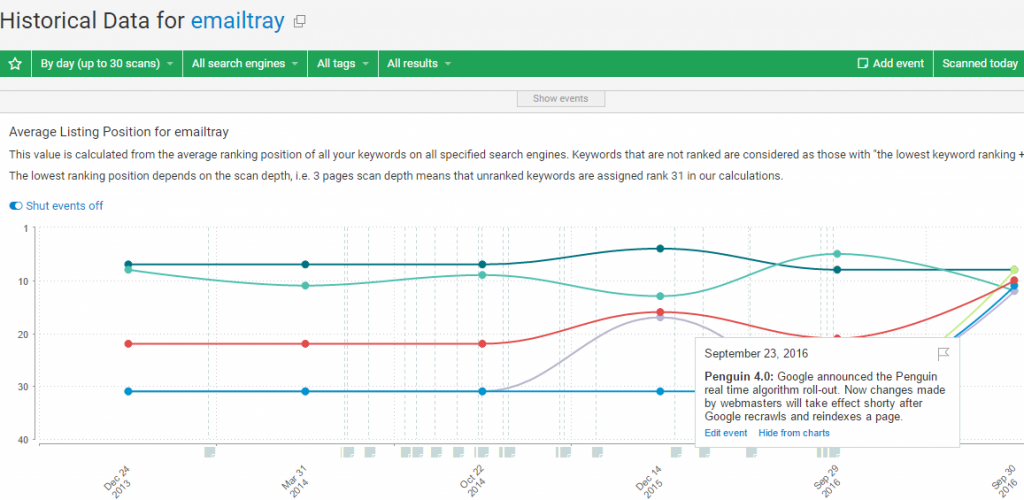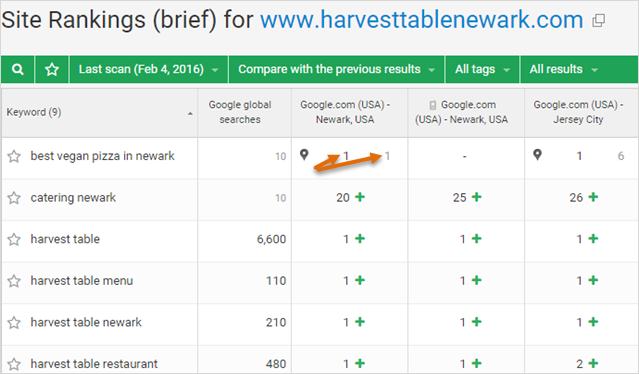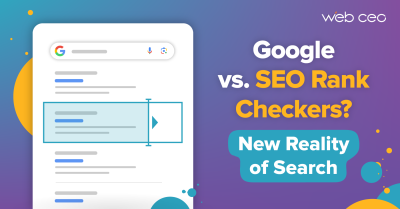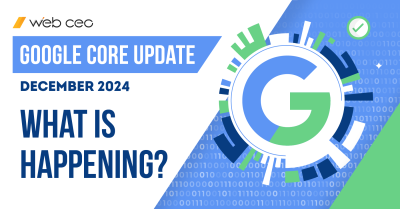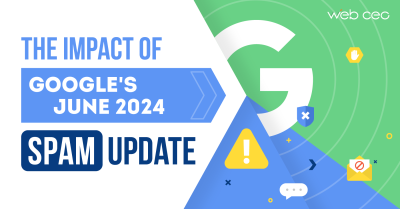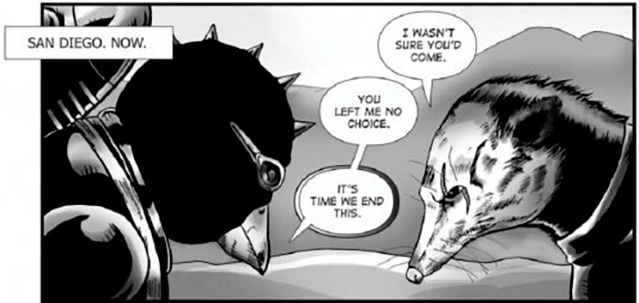
Intro: “Since the dawn of time, a secret war has been waged between two species (Penguins and Possums)… Throughout the millennia, they have kept their battle confined to the shadows; however, one brazen act has escalated this conflict to a fever pitch. As the (SEO) world careens toward Armageddon, every human on the planet will soon be forced to CHOOSE A SIDE!” (The excerpt and the image are taken from PvP, by Sebastian Kadlecik).
It seems that Google decided to create another beast and start a fight between the newly born Google Possum and our old spam fighter buddy, Penguin 4.0, for the title of the most significant Google Update of the year. If you noticed a spike or a fluctuation in your ranking history trend starting at the beginning of September, you may have been involved in the war of two species for supremacy in the Google search universe.
Tip: Keep a wary eye of the overall trend of your website rankings after every Google update rollout by using the WebCEO Rank Tracking Tool (Historical Data Report)
(click on the image to see a full version)
Let’s take a closer look at the nature, surroundings and key targets of these beasts and the ways to keep safe from their major updates:
File on Google Possum:
Nature: Google’s Possum update is a new local search algorithm update designed to filter out local search spam from the Google Map search results.
Date of Attack: September 1, 2016
Surrounding: 3-pack and Google Maps search results.
Key Target: Even though possums are not aggressive animals and are afraid of human beings, they can do considerable damage to your website results when provoked. It means that business listings found in the 3-pack and Local Finder search results which are irrelevant to a searcher’s query (or which provide duplicate listings), can be filtered out from the local search results.
If your website meets the following criteria, your listings may get into the filter funnel:
- Businesses that share a physical address with a similar business. Even if your business is not associated with the other business at all, Google may still consider this as a duplicate listing and filter it out.
- Businesses located close to a city center are now losing some ground to listings for businesses located further out, which were once penalized for not being in the center.
- Businesses which have not optimized for localized terms and long tails may no longer rank high in 3-pack and Google Maps search, depending on the wording of the search and physical location of the searcher.
How to avoid the bite of the Google Possum:
The Google Possum iteration doesn’t penalize websites, it just filters them out. If you checked your local rankings and found that, having been earlier ranked in the top of 3-pack and Google Maps, you are now found in a place where even a dead body can’t be found…then the sneaky Possum has found your business.
From all the tactics mentioned above (changing locations can be challenging), the only thing you can do is to revise your keyword list, do some detailed localized keyword research and optimize your website pages for local terms. Follow this step-by-step Quick Start Guide to run a quick SEO audit for your site and see how it stacks up. If even this doesn’t work, place a clove of garlic or scatter mothballs around any area where you have noticed possum activity:)
Tip: Use the WebCEO Local Rank Tracker to monitor how your local target audience sees your business listings in the Google 3-pack or Maps search.
WebCEO provides the ability to add country specific search engines, its mobile versions and a specific locality (state, city, Zip Code) in order to get location-based search results emulated to your clients’ location.
Scan your ranking report in order to see if your business shows up in the 3-pack or Google Maps for any of your target keywords.
File on Google Penguin 4.0

Date of Attack: September 23, 2016
Surrounding: Google universal SERPs.
Key Target: Web pages with the smell of spam signals. Even though Google has rolled out a new iteration, the technology remains the same. Google still punishes websites which do not follow Google’s search quality guidelines.
Be sure that you don’t abuse them yourself:
- Your website pages should be FREE of links coming from low-quality and irrelevant third-party websites.
- You website link profile should NOT be built with the help of paid and reciprocal link building (excessive sponsored articles and guest posts, link exchanges etc.).
- You anchor texts should NOT be over-optimized with generic terms, non-descriptive and irrelevant keywords.
- Your website pages should NOT contain unnatural, low-quality or hidden links embedded in widgets
- Your website should be FREE of sneaky redirects (showing different or irrelevant content to users with the help of doorway pages, cloaking).
How to avoid the bite of the Google Penguin:
The 4th iteration of Penguin is not as scary as its predecessors. Actually, the SEO community forums report minimal fluctuations have occurred in rankings that were caused by Penguin 4.0. The reason is in its granular effect where it devalues single web pages which spread spam. Thanks to its real-time effect, you won’t have to wait for your devalued page rankings to be improved after you disavow toxic links. Google refreshes the algorithm often:
“With this change, Penguin’s data is refreshed in real time, so changes will be visible much faster, typically taking effect shortly after we recrawl and reindex a page. It also means we’re not going to comment on future refreshes.” – Google Webmaster Central Blog.
Must Read: How to Keep Your Backlink Profile Ever Clean>>
Summary
For now we can see that the Google Possum update will have a greater impact on local search rankings compared to the effect of Google Penguin 4.0.
Have you been hit by one of the updates? If you withstand the attack, feel free to share your insights in the comment section.
